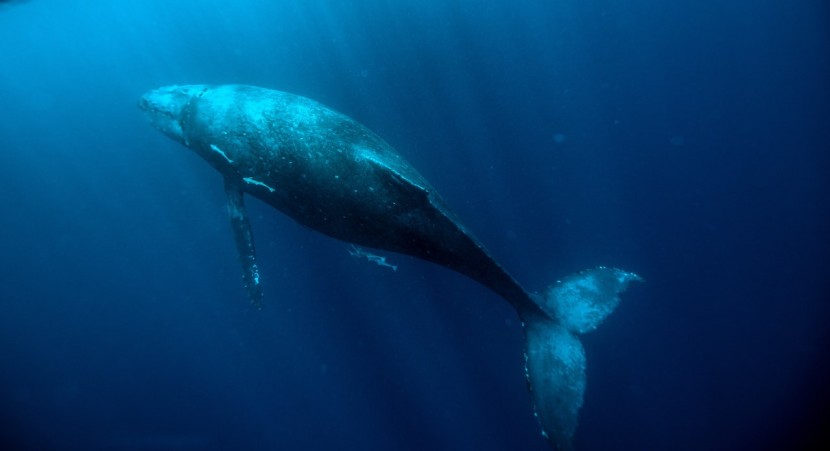
Antonio Fernández Rodríguez, director of the University of Las Palmas' Institute of Animal Health and Food Security, agreed to conduct a postmortem on a dead sperm whale washed up on the shore of the Canary Island of La Palma in Spain.
Despite the difficulty posed by the rough waves and rising tide, the whale was examined to discover the cause of its death.
To rule out digestive issues, Fernández examined the animal's intestines and found something hard lodged inside. The stone he extracted was 50-60 centimeters in diameter and weighed 9.5 kilograms, he claimed.
"The waves were washing over the whale. Everyone was watching when I returned to the beach but they didn't know that what I had in my hands was ambergris," he stated.
What Makes Ambergris a Rare Substance?
According to The Guardian, only after industrial whaling started in the early 19th century was it determined that around one in 100 sperm whales produced ambergris. Most of the squid and cuttlefish that whales consume are not digested and are consequently thrown up. But some stay, and it binds together in the whale's digestive tract over time to become ambergris.
Ambergris is often seen floating in the ocean because it is released by various animals. But sometimes, it becomes too big, just like the one inside the whale in La Palma, resulting in gut bursts, killing the whale.
For ages, ambergris has been considered the holy grail of perfumers. The appeal of ambergris among perfumers may be attributed to the fact that it has a woody aroma like sandalwood and includes ambrein, an odorless alcohol that can fix and prolong the life of smells.
The US, Australia, and India have all joined the EU in banning the commercial sale of ambergris as part of their efforts to protect whale populations.
Making Money to Help Victims of Volcano Eruption
Having examined the remains of over a thousand whales, Fernández concluded that the ambergris caused the animal to die of sepsis.
Approximately £430,000 ($540,000) was contained in the lump of ambergris Fernández held.
The institution is now on the market in the hopes of finding a buyer. According to Fernández, the money they make will be used to assist the victims of the 2021 La Palma volcanic eruption, which cost over £685 million ($872 million) in damages and destroyed hundreds of houses and businesses.
"The law is different in every country. In our case, I hope the money will go to the island of La Palma, where the whale ran aground and died," Fernández stated.
However, there are many who are opposed to the university reaping any financial rewards, as reported by Canarian Weekly.
Some claim that even if their forensics team detected ambergris in the sperm whale's stomach, the institution should not keep the money since they already have funding and should use it for urgent and essential reasons.
© 2026 HNGN, All rights reserved. Do not reproduce without permission.








